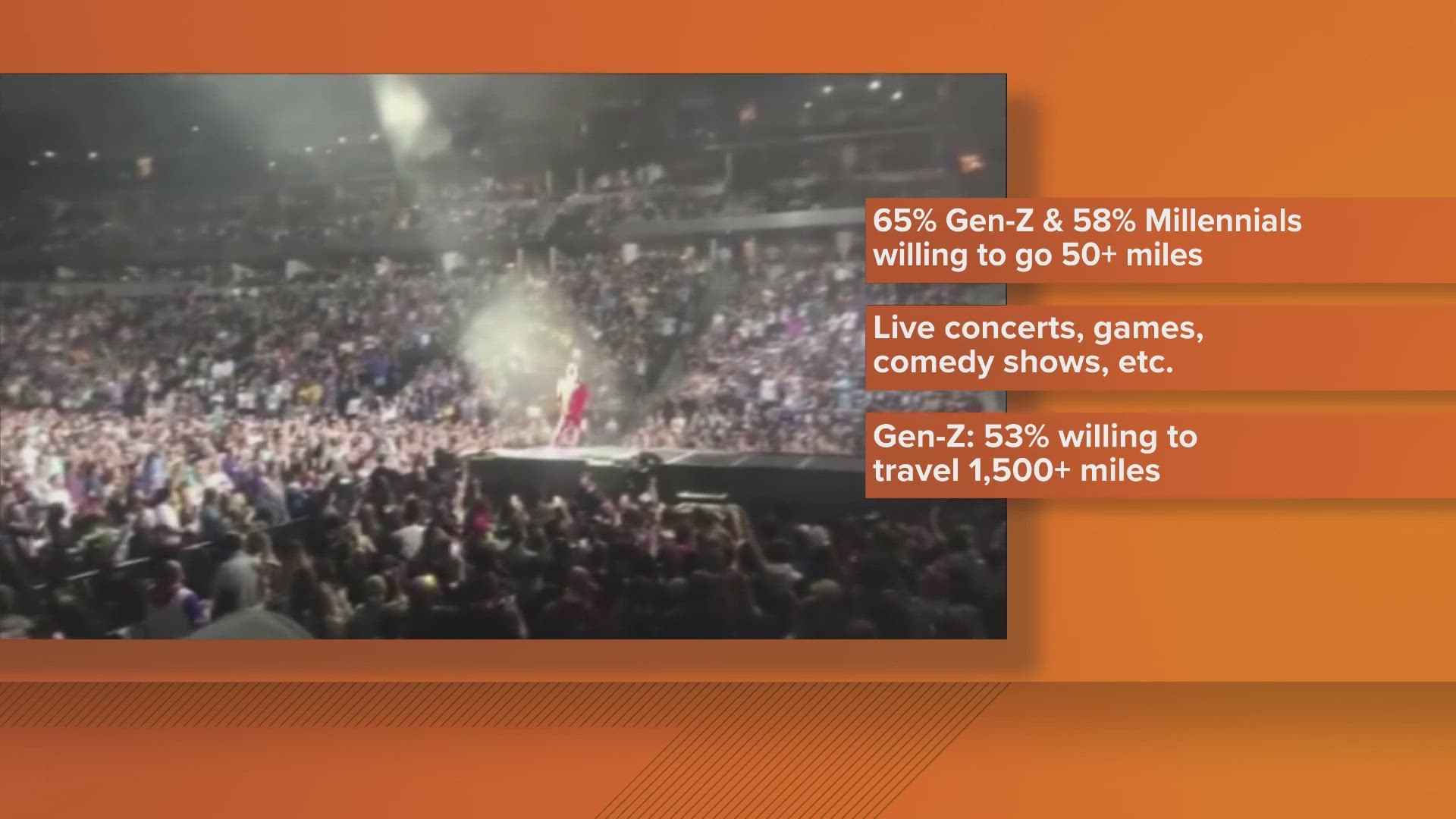One local radio station has decided they "ought to say no, no no" to the now-controversial Christmas song, "Baby It's Cold Outside."
WDOK 102.1, a Cleveland-based station that exclusively plays Christmas music during the holidays, announced this week the song would be removed from rotation after a listener called to say it was inappropriate amid the #MeToo movement.
"Baby It's Cold Outside" has been a source of debate for the past few years. Some argue it displays key signs of rape culture:
"Even if the intentions aren't sinister, it’s simply exhausting to be a woman in that situation," wrote USA TODAY's Mary Nahorniak. "In the original score, the male part is written as a 'wolf' and the woman as a 'mouse' — that speaks volumes about male predatory behavior. Many women know what it’s like to feel trapped by a man, whether emotionally or physically. In those situations, it doesn’t matter how it began or why she wants to leave, it only matters that she wants to go, now."
Others have countered to say it ought to be considered from a historical standpoint: after all, it was written in the 1940s, a time when it would have been a scandal for an unmarried woman to spend the night at a man's house.
A "kind of culture of repression that would forbid this kind of hanging out,” Karen Tongsonm an English and gender studies associate professor at the University of Southern California, told USA TODAY last year. "The song itself is an effort to furnish female sexuality with a set of excuses as opposed to a coercive song.”
WDOK told a local TV station a poll on the station's website showed a clear majority of listeners voted to remove the song. Ultimately, they argued, the lyrics take on a new meaning in 2018.
“It really pushed the line of consent,” Cleveland Rape Crisis Center President and CEO Sondra Miller told a local TV station. “The character in the song is saying ‘no,’ and they're saying well, ‘Does no really mean yes?’ And I think in 2018 what we know is consent is ‘yes’ and if you get a ‘no,’ it means ‘no’ and you should stop right there.”
Contributing: Mary Nahorniak



